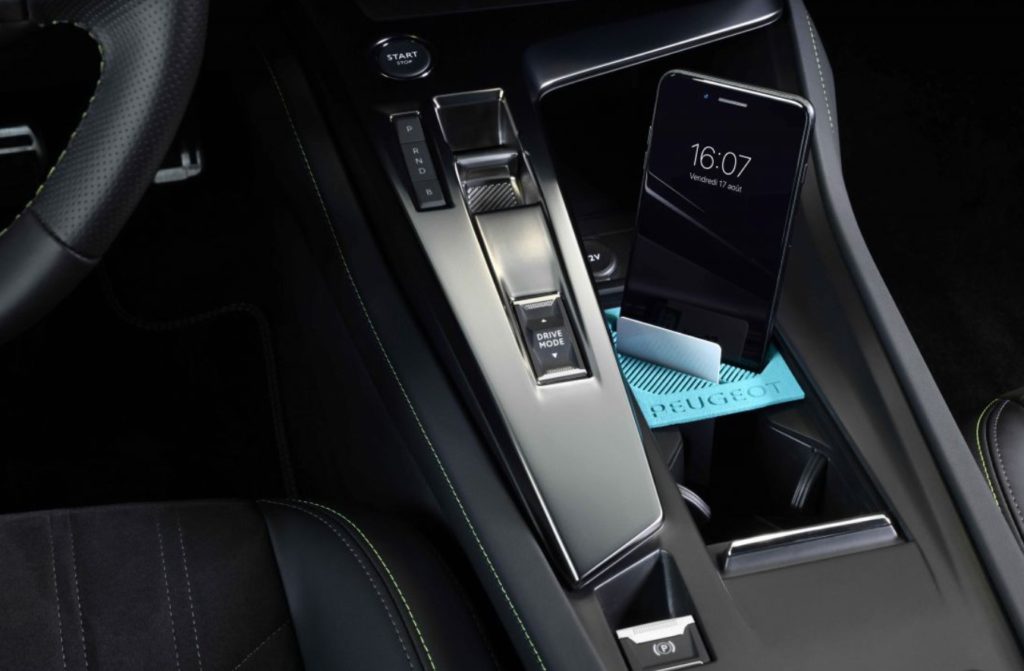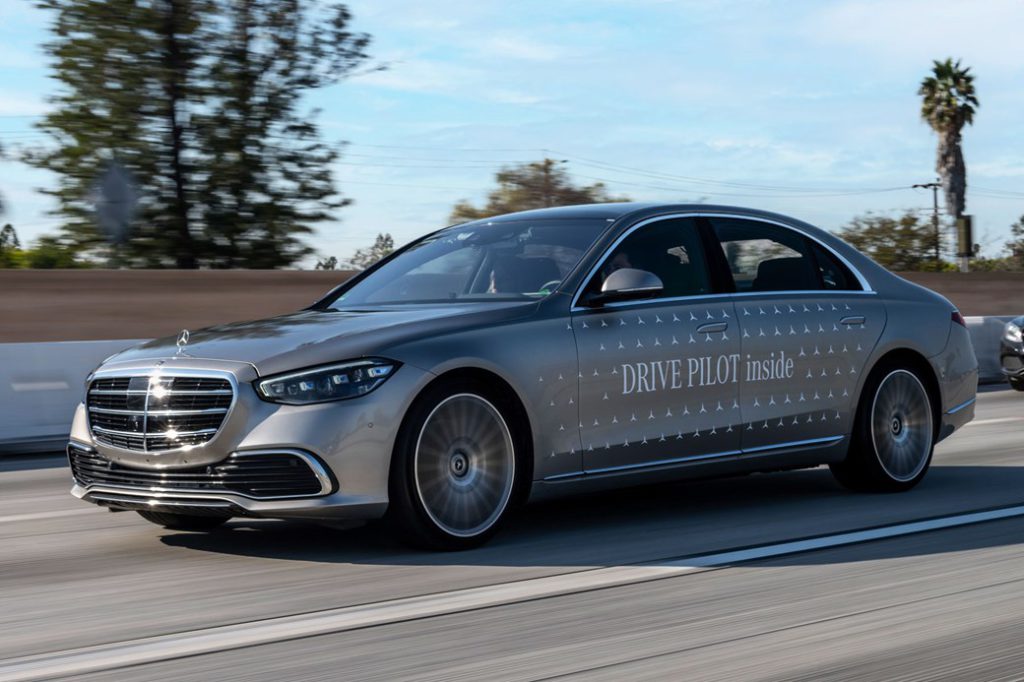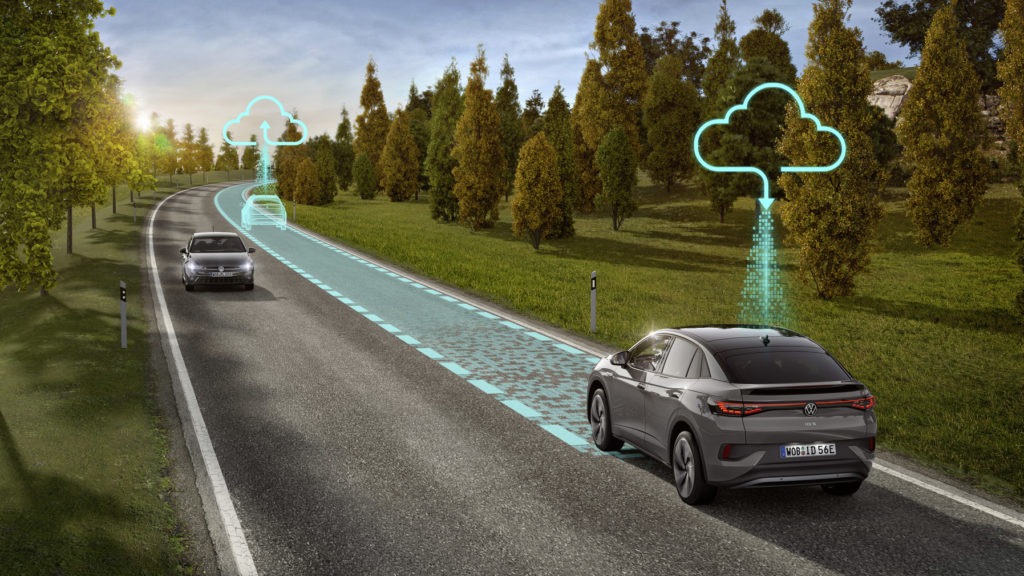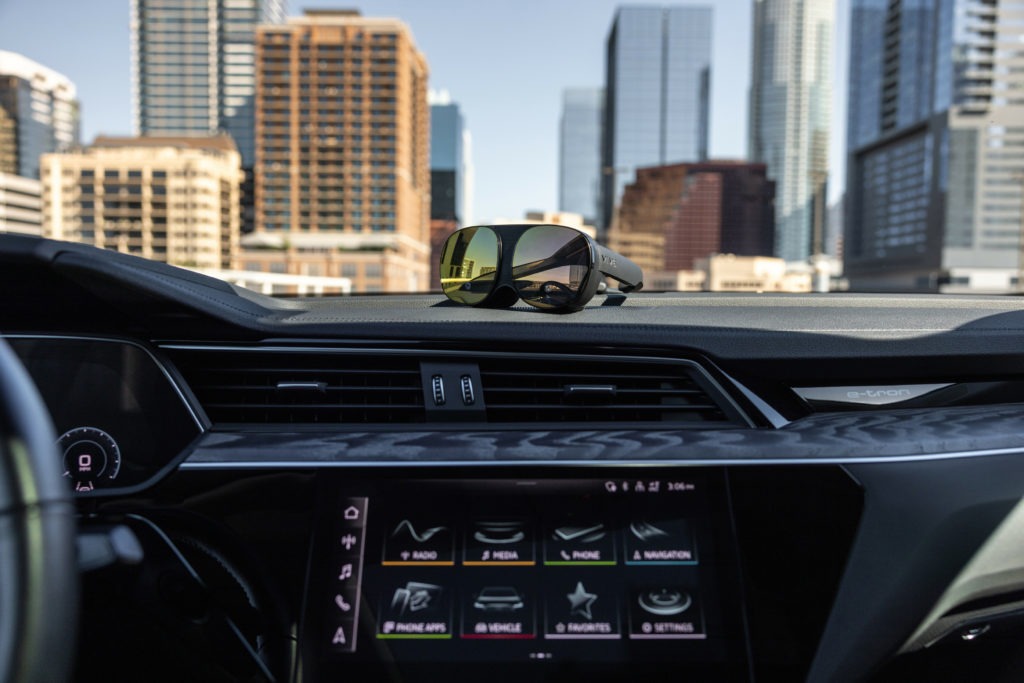Blackstone and Peugeot develop 3D-printed car products
05 April 2022

3D printing is gaining traction within the automotive industry. More carmakers and suppliers are benefitting from the technology, which can cut costs and shorten car manufacturing processes. Battery-tech supplier Blackstone Technology and Peugeot are among the companies picking up on this trend.
Blackstone Technology is planning to commercialise its 3D-printed sodium-ion batteries for electric vehicles (EVs). The company wants to bring its 3D-printed solid-state batteries to the market by the middle of the decade, investing €32 million in a pilot plant in Döbeln, Germany. The solid-state batteries will initially be installed in an electric bus operating in Berlin to test them in a real-world setting.
3D-printed EV batteries
‘Sodium-ion technology represents the next generation of 3D-printed batteries,’ said Holger Gritzka, CEO of Blackstone Technology. ‘We are pleased to once again make an innovative and viable contribution to clean energy and the carbon-neutral transportation of the future.’
The company added that the printing process plays a key role, allowing for volumetric optimisation in addition to geometric adaptation. Product-specific adjustments are also possible and can be made cost-effectively. Blackstone said it would transfer its experience in printing lithium-ion battery electrodes to the production of sodium-ion cells, thus laying the foundation for series production in 2025.
Blackstone’s announcement exemplifies the game-changing nature of 3D printing in the automotive industry. In the past, it has mainly been used for prototyping and validating components. Carmakers nowadays also use the technology to produce manufacturing aids, with 3D-printed car products being lighter and more ergonomic.
The future of 3D printing at Peugeot
French carmaker Peugeot sees a clear future for 3D-printed vehicle products. The new Peugeot 308 features a range of 3D-printed car accessories, including a sunglasses, drink, phone and card holder. This marks a first for the vehicle manufacturer, which said the technology looks promising for the entire automotive industry.
‘3D printing is one of the fundamental pillars of the fourth industrial revolution. With this new technology, it is possible to increase flexibility, adapting to the needs of an increasingly demanding and unpredictable market. All kinds of customised objects and accessories can be produced without needing expensive moulds and manufacturing tools,’ Peugeot said.
It also pointed out the environmental advantages of the technology, saying 3D printing could contribute to sustainable car-manufacturing by saving resources and waste. Peugeot sees clear advantages in 3D printing, such as fewer car manufacturing constraints, reduced weight, and mass production with shorter lead times.
‘Infinite possibilities’
The technology offers particular advantages when it comes to flexibility and speed, with 3D-printed car products usually showing a high level of detail. While the technology might still be in its infancy in the automotive industry, Peugeot emphasised it offers ‘infinite possibilities.’
A number of carmakers are relying on 3D printing. Ford recently said its 3D printers work autonomously. The technology has proved its worth, with Europe’s largest carmaker Volkswagen pledging to use 3D printing in the near future, having entered into a software partnership with Siemens. While 3D printing was not feasible on a large scale in the past, this has started to change with the innovative technology evolving.



